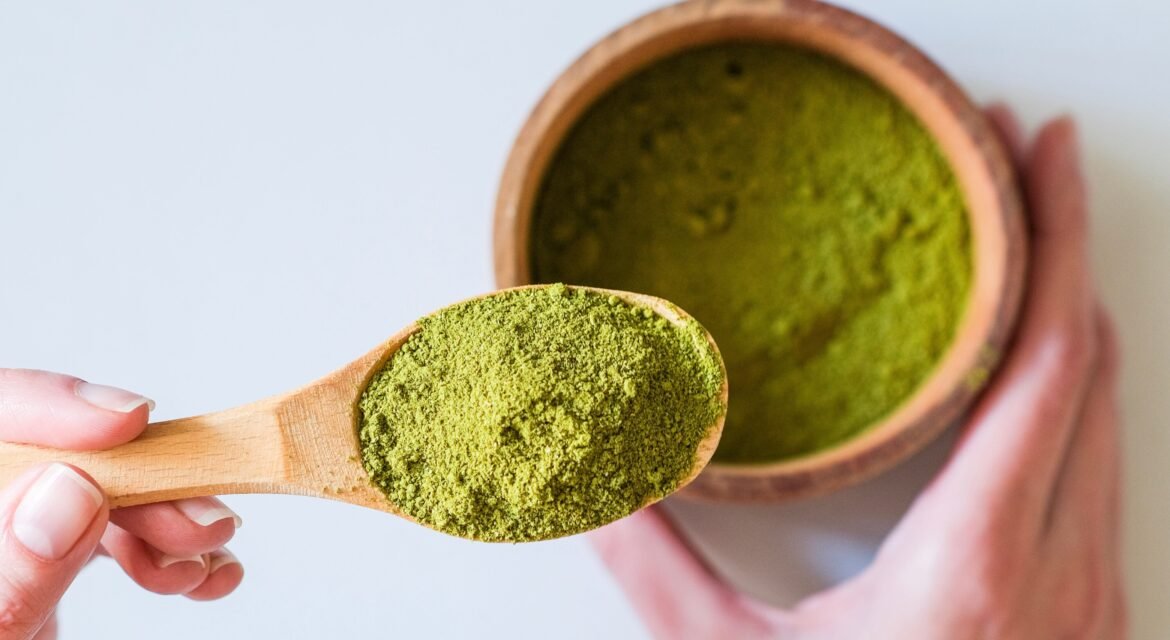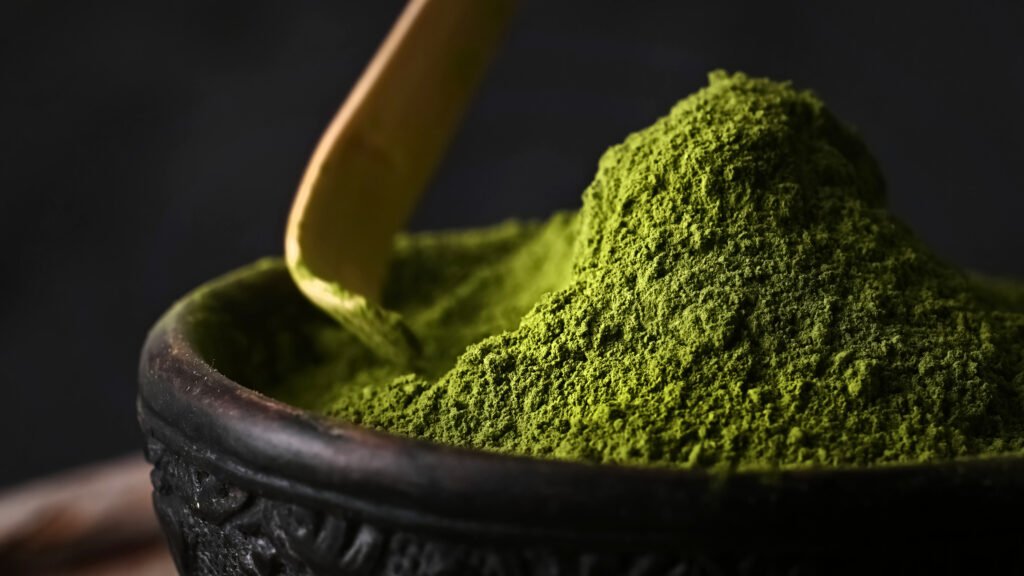 29 August 2025
29 August 2025Side Effects of Moringa: Who Should Avoid It and Why
Moringa oleifera—often called the “Miracle Tree”—has gained global recognition for its rich nutritional value and medicinal properties. Known for its high levels of vitamins, antioxidants, and anti-inflammatory compounds, Moringa has become a staple in health-conscious diets. But as with all potent natural remedies, it’s essential to understand not just the benefits but also the potential side effects of Moringa and who should be cautious when consuming it.
While Moringa is generally considered safe and beneficial, especially when consumed in moderate amounts as a powder, tea, or supplement, some individuals might experience adverse reactions or may need to avoid it entirely due to specific health conditions, medications, or bodily sensitivities.
Why Knowing the Side Effects Matters
Natural doesn’t always mean harmless. Moringa leaves, seeds, and roots contain bioactive compounds that interact with the body in powerful ways. These interactions can sometimes lead to unwanted effects, especially when Moringa is consumed in large quantities or by individuals with certain health conditions.
Being informed about these side effects helps you make smarter, safer decisions—and also allows you to reap the maximum benefits of this superfood without compromising your health.

Potential Side Effects of Moringa
While most people experience no issues with moderate consumption of Moringa powder or leaves, some side effects have been reported, especially when the dosage is high or the individual is sensitive.
1. Digestive Issues
Moringa is high in fiber, which is great for gut health in moderate amounts. However, overconsumption can lead to bloating, gas, diarrhea, or stomach cramps, especially if your body isn’t used to high fiber intake.
2. Lower Blood Pressure and Heart Rate
Moringa has been shown to lower blood pressure and heart rate, which is beneficial for people with hypertension. However, if you already have low blood pressure, taking Moringa could lead to dizziness, fatigue, or even fainting spells.
3. Blood Sugar Reduction
Moringa is known for its ability to reduce blood sugar levels, making it popular among diabetics. But for individuals on blood sugar-lowering medications, this could result in hypoglycemia (very low blood sugar) if not monitored properly.
4. Potential Interactions with Medications
Moringa can interact with several medications, especially:
- Thyroid medications
- Diabetes medications
- High blood pressure medications
- Blood thinners
If you’re taking any of these, it’s best to consult your doctor before incorporating Moringa into your daily routine.
5. Hormonal Fluctuations
Some research suggests that Moringa might affect estrogen levels, which could be a concern for women with hormonal imbalances or those undergoing hormone-related therapies. While this effect is not widely documented, it’s worth being cautious if you have a hormone-sensitive condition.

Who Should Avoid Moringa?
While most people can enjoy Moringa safely, certain individuals should avoid or limit their intake:
1. Pregnant Women
Moringa leaves may be safe in food quantities, but Moringa root, bark, and extracts are known to contain compounds that can cause uterine contractions, which might increase the risk of miscarriage. Therefore, pregnant women should avoid Moringa supplements unless prescribed by a healthcare provider.
2. Breastfeeding Mothers
There is limited research on the safety of Moringa during lactation. While some traditional systems use Moringa to boost breast milk supply, it’s always best to consult a doctor before taking it while breastfeeding.
3. People with Low Blood Pressure
Since Moringa naturally reduces blood pressure, it can be risky for those who already have hypotension, as it may lead to fatigue, dizziness, and fainting.
4. People on Certain Medications
As mentioned earlier, if you’re taking medications for thyroid, diabetes, or blood pressure, you should talk to your doctor before using Moringa regularly. It may enhance the effect of your medications, leading to complications.
How to Consume Moringa Safely
The key to avoiding side effects is moderation and awareness. If you’re new to Moringa, start with small amounts and gradually increase your intake as your body adapts. Here’s how you can stay safe:
- Start with ½ tsp of Moringa powder daily, then increase gradually.
- Avoid using root or bark extracts, especially if pregnant.
- Monitor your blood pressure and blood sugar levels if you’re on medication.
- Stick to high-quality, organic Moringa products, like those offered by Sukhi Farm, to avoid contaminants and ensure purity.

Conclusion
Moringa truly is a powerhouse herb, offering numerous benefits for energy, immunity, digestion, and overall wellness. However, as with all herbal supplements, it’s essential to understand the potential side effects and know whether it’s right for you.
At Sukhi Farm, we believe that transparency and education are just as important as purity. That’s why we don’t just sell Ashwagandha and Moringa—we help you use them wisely and safely. If you’re unsure whether Moringa is right for you, consult your healthcare provider, especially if you’re managing any existing health conditions.
Your wellness journey starts with informed choices—and we’re here to guide you every step of the way.





